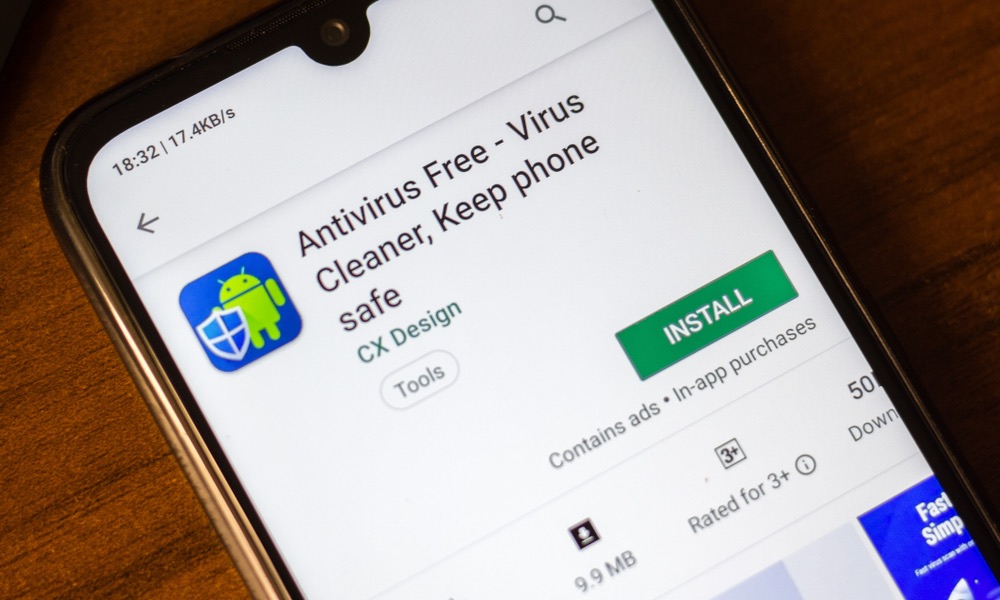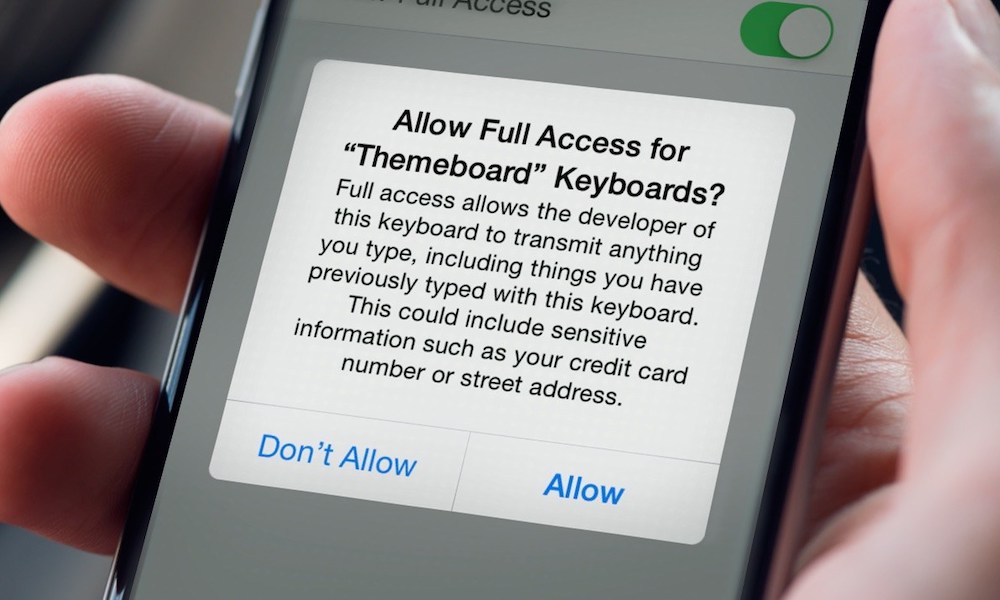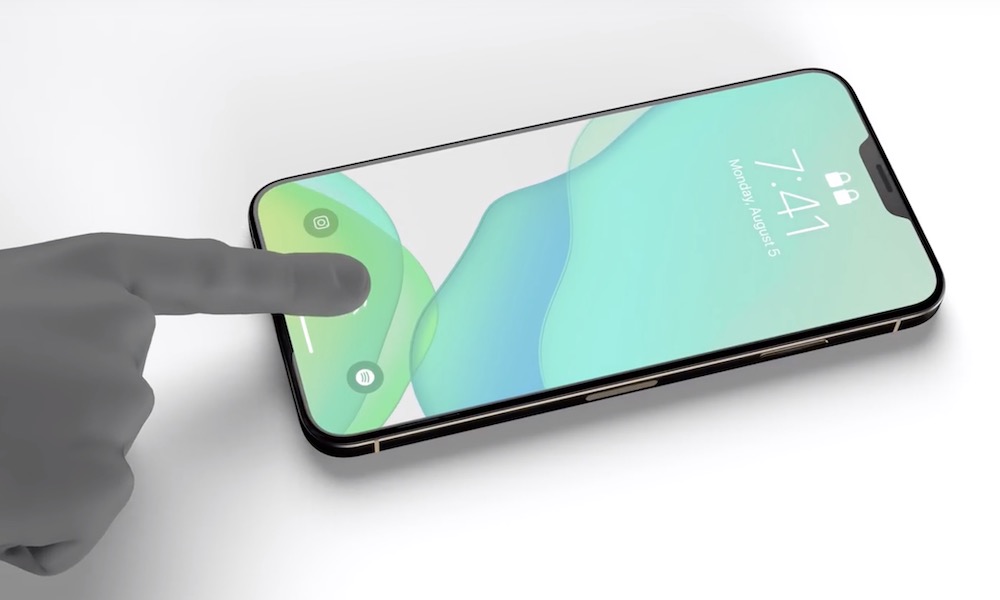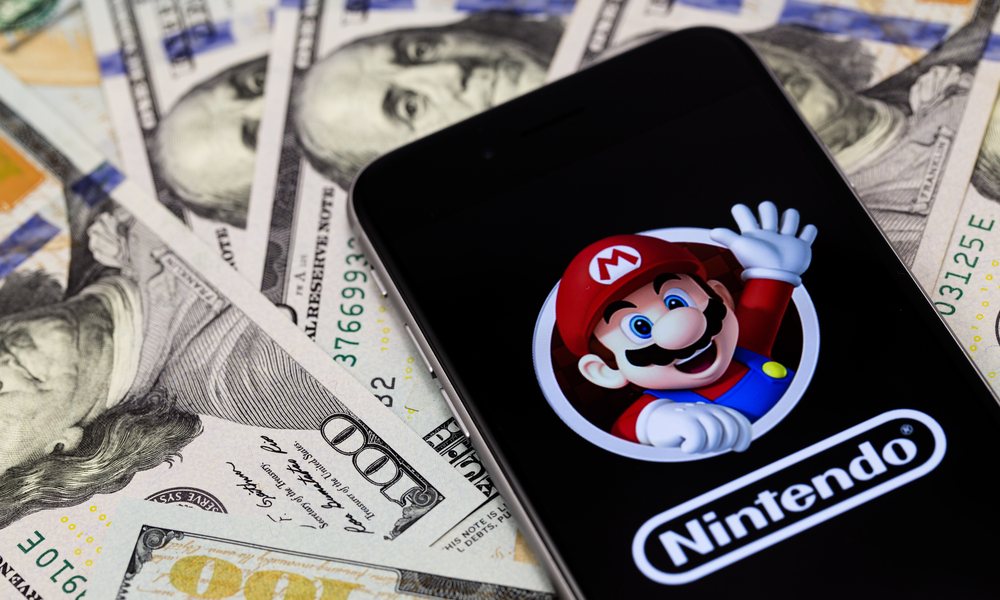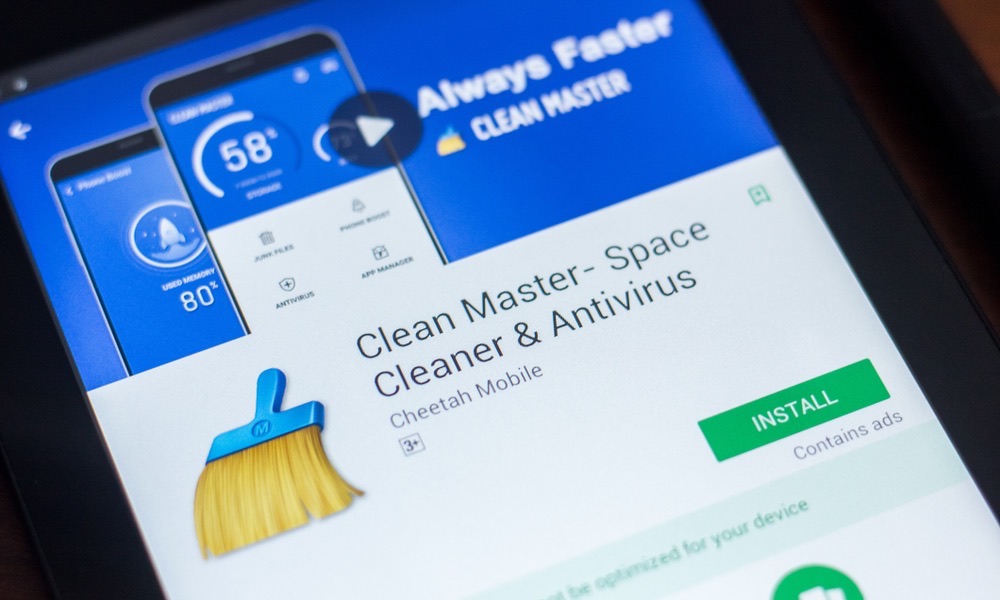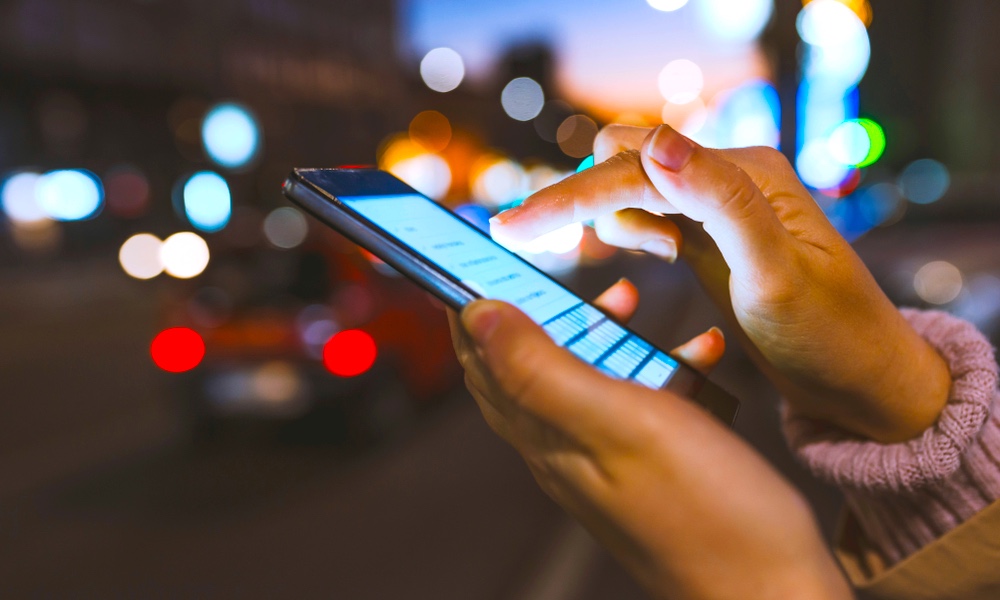7 Sketchy Apps You Should Download with Caution (Or Avoid Completely)
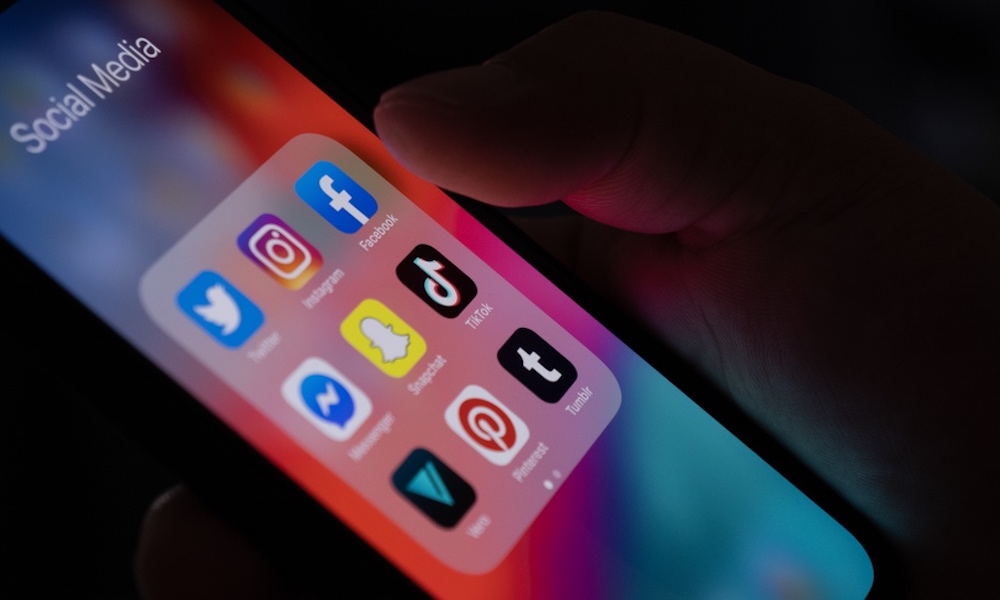 Credit: Cristian Dina / Shutterstock
Credit: Cristian Dina / Shutterstock
There are millions of apps available on Apple’s App Store for iPhones, iPads and iPod touch, ranging from social media platforms to award-winning games. But just because they’re there doesn’t mean you should download them. And while Apple’s App Store team does a good job at keeping shady and malicious apps out of the App Store, there are still plenty of apps that you should think twice before downloading. Here are some examples. Continue reading to browse 7 Sketchy Apps You Should Download with Caution (Or Avoid Completely).
Antivirus Apps
If you use an iOS or iPadOS device, you don’t need an antivirus app. Period. Because of the way that Apple’s mobile operating system is set up and maintained, viruses can’t affect most parts of your system. While iOS vulnerabilities and malware can exist, there’s little that an antivirus app can do about them.
Because of that, many antivirus apps for iOS are disreputable or nonfunctional. And some of them may try to scam you out of money via in-app purchases or subscriptions. If you’re concerned about viruses on your iPhone, don’t be. A little vigilance will do a lot more for your security than any antivirus app on the App Store.
Keyboard Apps
There are plenty of keyboard apps on the App Store that offer varying features to users. But you may want to think twice about downloading any one of them. Because of the level of access keyboard apps may ask for, they can snoop on your data pretty easily.
Avoiding third-party keyboard apps nowadays is especially good advice, since Apple has added highly requested features like a swipe-to-text keyboard and emoji stickers. If all else fails, we recommend that you avoid giving any keyboard Full Access to your phone.
New ‘Feature’ Apps
Your iPhone doesn’t offer x-ray vision, a lie detector, or shake-to-charge functionality. Any app that tells you it can add these features is straight up lying. A good rule of thumb: if it’s not on Apple’s specifications or features list, and if it sounds too good to be true, it probably is a scam.
For most of us, this seems like an obvious tip. But younger users or the less technically savvy among us may not realize that their “fingerprint heart rate” app doesn’t actually work — and may actually be a threat to their privacy and security. Do yourself a favor and avoid them.
Apps That Connect to Your Social Media
As a social media user, there’s a good chance that, at one point or another, you wish you had more followers or could tell which person unfriended you. But while there are apps out there that claim to offer these features, it’s a good idea to avoid all of them.
For one, many of these apps don’t work thanks to new API restrictions put in place by Apple and social media platforms. Some of these apps can also expose you to malware, steal your data for malicious purposes, post content on your social pages without your knowledge, or steal your profile altogether.
‘Free’ Games or Entertainment Apps
Most games on the App Store are free to play, but often have hidden costs that might not be obvious when you first download. The first thing that comes to mind are in-app purchases — and there’s a good chance that they’ll try to get you to buy “lives” or “tokens” at every opportunity.
But games can also harvest your data and resell them to third parties if you grant them access to your contacts, camera list, location services or other settings. Worst of all are more malicious entertainment apps that sneakily try to get users to buy in-app purchases without their knowledge. While rare, they’re certainly possible.
Utility Apps
Like antivirus apps, there’s no reason for users to download or trust “maintenance” or “utility” apps. That includes apps that claim to speed up your iPhone, clear out memory, increase battery performance or defragment your iPhone’s drive is suspect. Think twice before downloading them.
By default, iPhones do a great job at managing memory and other performance needs without any third-party help. More than that, because they’re sandboxed, third-party apps don’t have access to the system features they’d need to actually speed up performance. Any “boost” in ability is likely just a placebo.
Low or No-Rating Apps
This probably goes without saying, but you probably shouldn’t download any app that has a low user rating. Those users did the dirty work for you and it’s a good idea to take their advice. But what about apps that don’t have a rating at all?
In many cases, apps with no star ratings or user reviews are either unpopular or relatively new. Whether or not you trust and download these apps is up to you. But it may be worth holding off and waiting until other users try the app out before installing it on your device.

